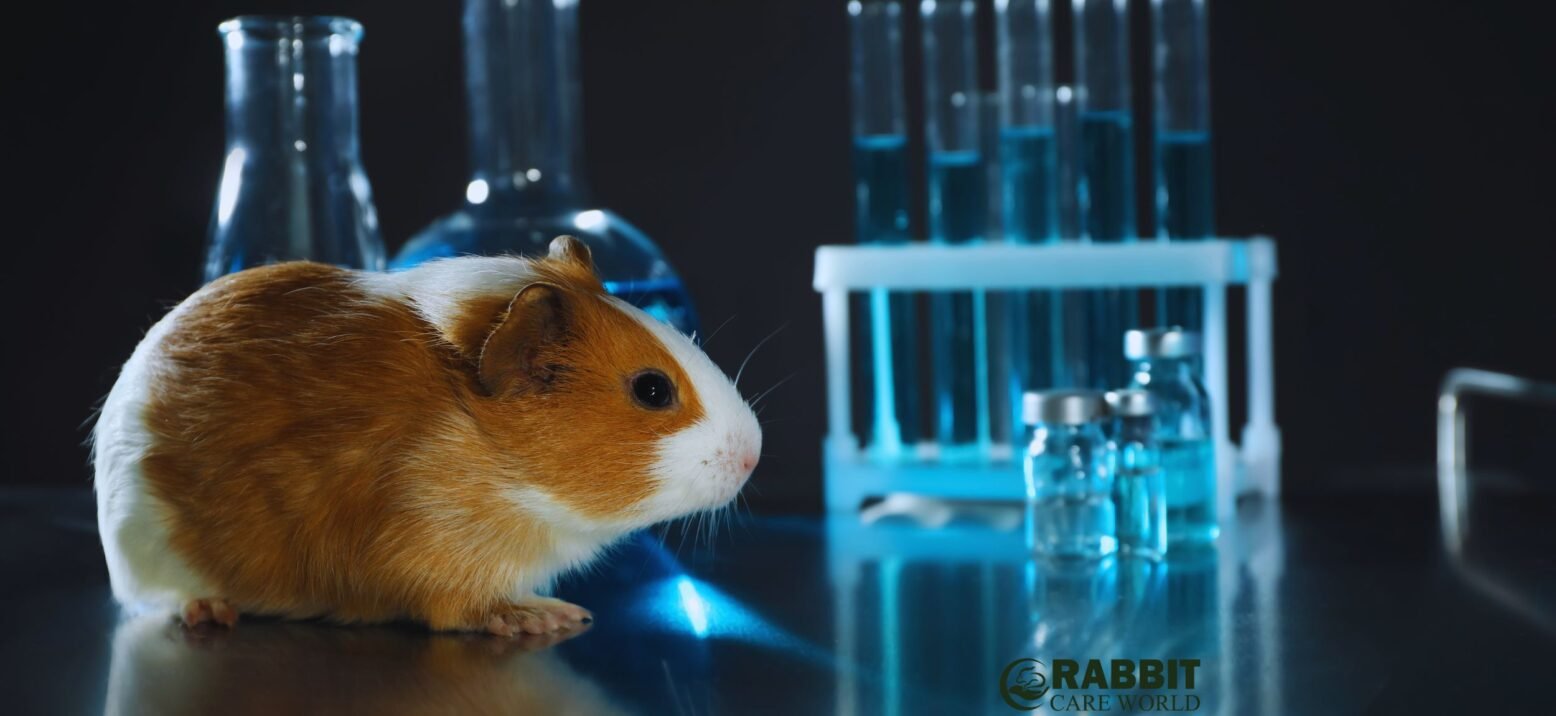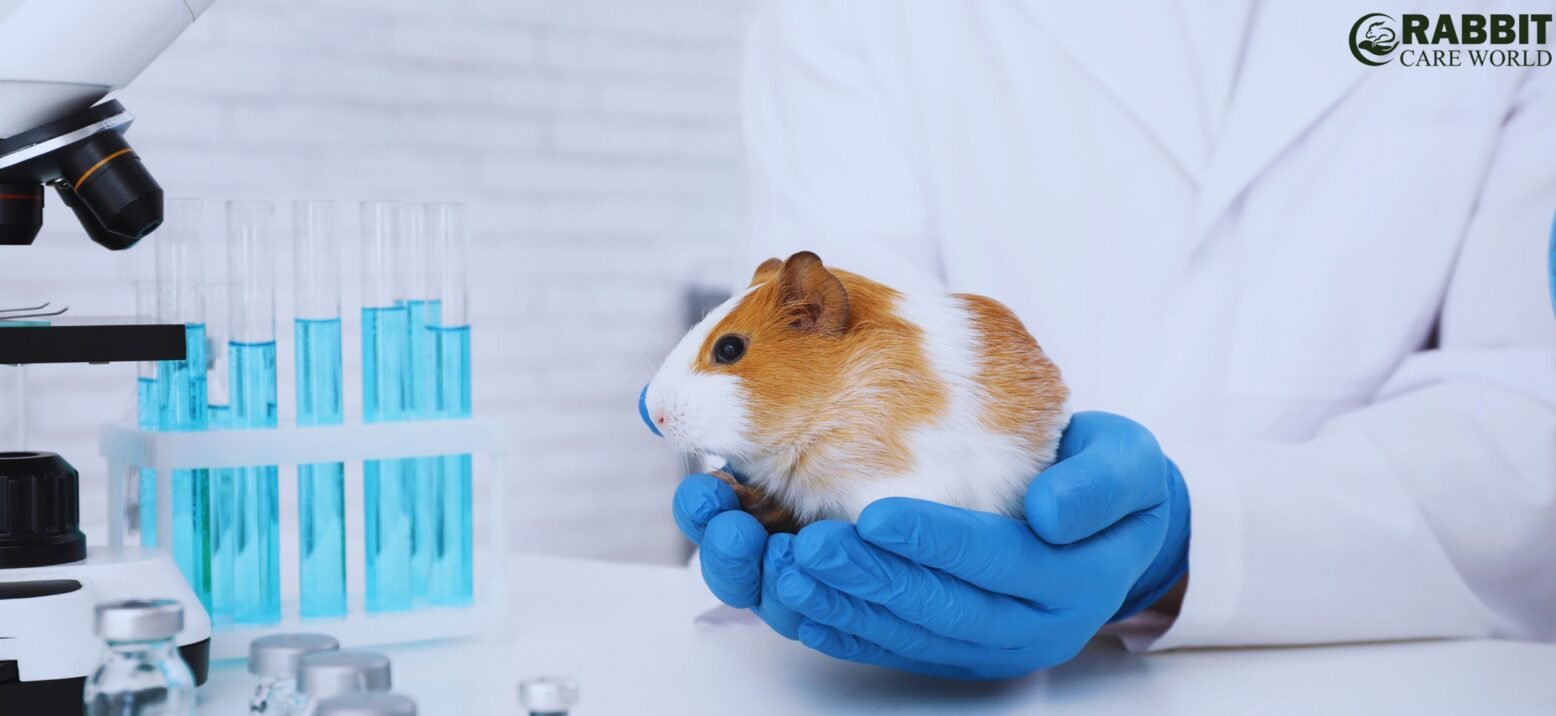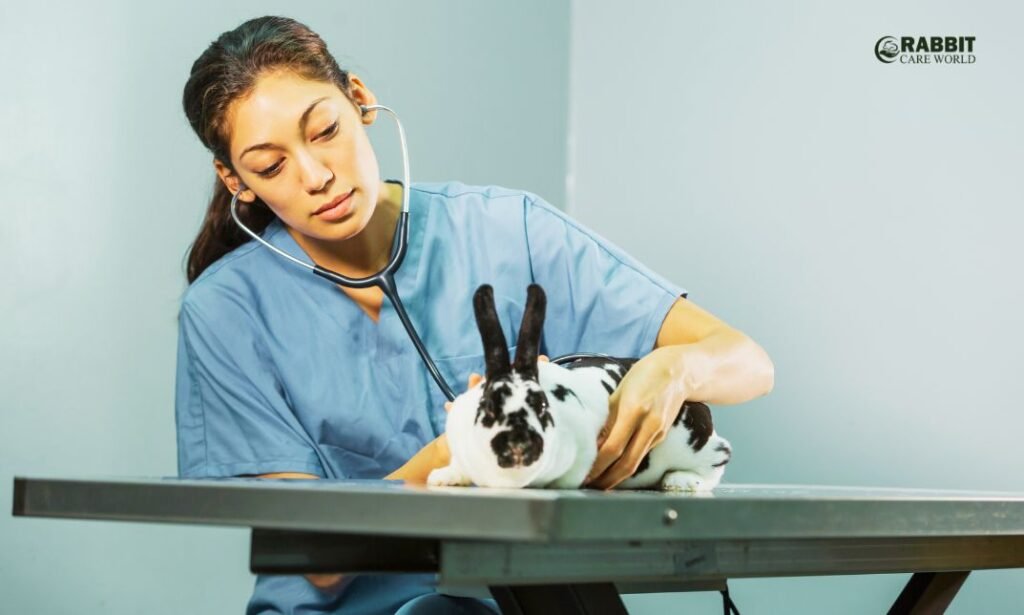Explore the question: What are Guinea Pigs Ethical Concerns? Dive into animal ethics and responsible pet ownership. Owning guinea pigs raises ethical concerns.
Guinea pigs, with their charming personalities and small size, often seem like perfect pets. Yet, it’s important to consider their welfare. Are their living conditions humane? Are they bred responsibly? These questions highlight the ethical concerns surrounding guinea pig ownership.
Understanding these concerns can help us provide better care and make informed decisions. This blog will explore the ethical issues, including their treatment, breeding practices, and the responsibilities of pet owners. By the end, you’ll have a clearer perspective on how to ethically care for these small companions. Let’s delve into the world of guinea pigs and their welfare.
Table of Contents
ToggleAnimal Testing

Animal testing has been a controversial topic for decades. Guinea pigs often play a significant role in this debate. These small rodents are frequently used in laboratories. Their use raises many ethical concerns.
Historical Context
Guinea pigs have been used in research for centuries. Scientists chose them due to their size and friendly nature. In the past, they helped in discovering vitamin C. They also played a role in developing vaccines. Yet, these practices often caused harm to the animals. Many suffered and died during experiments.
Modern Practices
Today, animal testing regulations are stricter. Researchers must follow strict guidelines. These rules aim to reduce animal suffering. Many labs now use alternative methods. Computer models and cell cultures are common. These methods often replace the need for live animals.
Despite these advancements, some tests still require guinea pigs. Ethical concerns remain. Animal rights groups advocate for better treatment. They push for more humane practices. The goal is to balance scientific progress with animal welfare.
Welfare Standards
Guinea pigs are small, adorable creatures that many people love as pets. But their welfare is important. Proper care ensures they live healthy, happy lives. Welfare standards focus on different aspects of their care. This includes housing conditions and health monitoring. Let’s explore these key areas to ensure your guinea pig thrives.
Housing Conditions
Guinea pigs need spacious cages. A small cage restricts their movement. They need room to roam and exercise. The cage must be clean and dry. Wet bedding can cause health problems. Use safe materials for bedding, like paper or hay. Avoid cedar or pine shavings. These can harm their respiratory system. Provide hiding spots and tunnels for them. This makes them feel secure. Guinea pigs are social animals. They thrive with companions. Ensure they have a friend to interact with.
Health Monitoring
Regular health checks are vital. Look for signs of illness. Watch their eating habits. Sudden changes can indicate problems. Check their fur and skin. Look for lumps or sores. Monitor their weight regularly. Weight loss can signal health issues. Their teeth need attention too. Overgrown teeth can be painful. Provide chew toys to help keep teeth in check. Regular vet visits are important. A vet can catch problems early. Keep a close eye on their behavior. Unusual actions can indicate stress or illness. A happy guinea pig is active and curious.
Alternatives To Animal Testing

Animal testing has long been a subject of ethical debates. Many researchers now seek alternatives to these methods. They look for ways to reduce animal suffering while still advancing science. This section explores some promising alternatives.
In Vitro Methods
In vitro methods involve testing on cells and tissues in a lab. They do not use live animals. Scientists use these methods to study biological processes. Here are some benefits:
- Reduces the need for live animals
- Allows precise control over the environment
- Can be more cost-effective
For instance, researchers can use human cells to test drug toxicity. This can provide more relevant data for human health. In vitro methods can also help in understanding diseases. They allow detailed observation of cellular responses.
Computer Simulations
Computer simulations, or in silico models, use computer algorithms. These models predict how drugs and chemicals affect the body. Here are some key points:
- Eliminates the need for live animals
- Provides faster results
- Can handle complex biological systems
Scientists input data into these models. The computer then runs simulations. This helps in predicting outcomes without animal testing. For example, drug interactions and side effects can be predicted. This saves time and resources.
Both in vitro and computer simulations are gaining traction. They offer ethical and efficient alternatives to traditional methods. These technologies continue to improve, offering better accuracy and reliability.
Legal Regulations
Legal regulations concerning guinea pigs aim to ensure their humane treatment. These regulations vary across countries. They provide guidelines to protect guinea pigs from harm and neglect. Understanding these laws is vital for ethical guinea pig care.
International Guidelines
International guidelines set standards for guinea pig welfare. These guidelines cover housing, feeding, and medical care. They aim to minimize suffering and enhance quality of life. Organizations like the World Organisation for Animal Health (OIE) help establish these guidelines. Their goal is to ensure consistent guinea pig care worldwide.
Enforcement Challenges

Enforcing regulations presents significant challenges. Many countries lack resources to monitor guinea pig welfare. Inspectors are often few and far between. This makes it hard to ensure compliance with laws. Public awareness and education are crucial. They help improve adherence to these regulations. Without proper enforcement, guidelines remain ineffective. Efforts to train law enforcement and increase inspections are needed.
Frequently Asked Questions
Are Guinea Pigs Treated Humanely In Pet Trade?
Many guinea pigs face poor conditions in pet trade. Overcrowded cages, lack of care, and stress are common.
Do Guinea Pigs Suffer In Laboratory Testing?
Yes, guinea pigs often suffer in labs. They may experience pain, stress, and discomfort during tests.
What Are Common Health Issues In Captive Guinea Pigs?
Captive guinea pigs can suffer from malnutrition, dental problems, and respiratory infections due to poor living conditions.
Is Breeding Guinea Pigs Ethical?
Breeding can be unethical if not done responsibly. Overbreeding leads to health issues and overcrowding.
How Can I Ensure My Guinea Pig Is Happy?
Provide a spacious cage, fresh food, clean water, and regular social interaction. This ensures a happy guinea pig.
Conclusion For What are Guinea Pigs Ethical Concerns
Caring for guinea pigs involves ethical considerations. Their well-being matters greatly. Proper care ensures they thrive. Respect their needs and environment. Research before adopting these pets. Understand their social and physical requirements. Avoid impulse buying. Promote humane treatment always. Make informed decisions.
Advocate for ethical guinea pig care. This benefits both the animals and their owners. Ethical care leads to happier, healthier pets.



